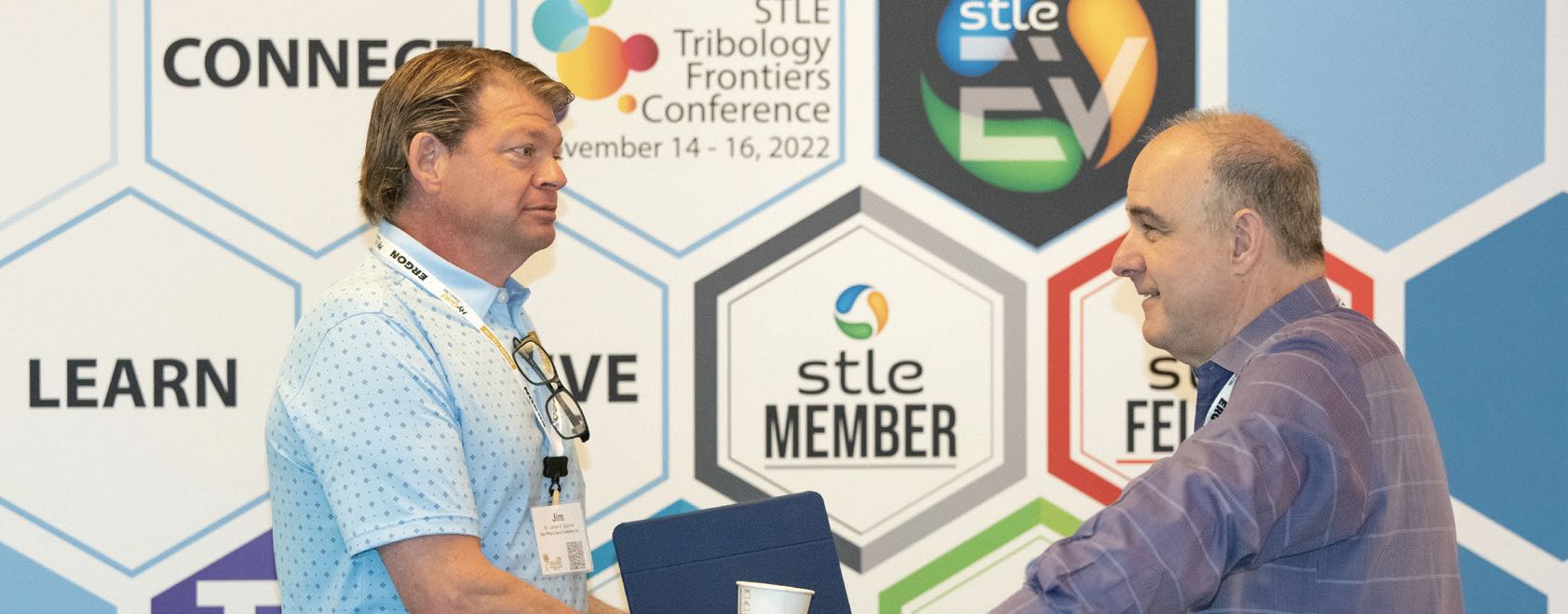Who do people trust?
By Edward P. Salek, CAE, Executive Director | TLT Headquarters Report June 2023
Associations top the list in a recent poll.

Americans have more confidence in nonprofits than businesses and government when it comes to solving societal and global problems.
Researchers at Indiana University (U.S.) last year asked 1,300 Americans about their level of trust in various types of public and private institutions.
The results were surprising. According to a recent report on the study, “Nonprofits received the highest level of trust with 39% completely or very much trusting them. Religious institutions (31%), individuals (21%) and colleges/universities (20%) rounded out the top four.”
Less surprising perhaps was that government and business had much lower scores on the trust scale. The U.S. Congress and large corporations were in the bottom two positions with approximately 6%.
Americans also have more confidence in nonprofits than businesses and government when it comes to solving societal and global problems, with 14% having a great deal of confidence in nonprofits.
So, what to make of this news? It suggests a need for associations to focus on a strategy that will ensure we continue to be held in higher regard than many other types of institutions.
STLE is finding ways to live up to this challenge at both national and local levels. Consider, for example, the related issues of sustainability and climate change. The 2023 edition of STLE’s Emerging Trends Report, being published this month, states: “Lubricants check off many key criteria when thinking about sustainability, including better efficiency and productivity, less energy use, lower levels of emissions and minimization of waste.”
As an organization, STLE supports the people who will make this happen through two of the primary goals for the 2023-2026 STLE Strategic Plan. Goal No. 1 is to expand continuing professional educational content to assist more professionals at all career stages. The second goal is for STLE to be the forum where global thought leaders collaborate to advance innovation and progress through research and creative application of tribology and lubrication engineering.
STLE Local Sections play a key role by funding scholarship awards and supporting STEM programs at schools in their area. This activity helps meet the challenge of making more people aware of the opportunities in the tribology and lubricants field, and attracting talented people to create scientific and technical developments of benefit to people around the globe.
Looked at from another angle, the Indiana University research confirms the value of being a part of an institution held in high regard by the public. Individuals and companies that commit to membership in STLE or another industry association get a return on their investment in membership or sponsorship that’s sometimes referred to as a halo effect.
When asked about the value of individual membership, many professionals say something like this: “There is a certain recognition and respect that is conferred on me due to my affiliation with STLE.”
Corporate members express similar sentiments about partnering with STLE. A typical comment is that being a part of STLE enhances the company’s industry profile, confers the seal of authority on an organization and associates it with the community of lubrication experts.
The research concludes by looking to the future and observing that the Millennial Generation (people born between 1981 and 1996) is less committed to specific organizations and more committed to the causes they care about. For associations, this means that your value proposition shouldn’t focus on a list of things you do, but rather it should focus on the lives of the people you’re helping.
From that perspective, STLE has a great story to tell. We appreciate all our current supporters who are creating this story and encourage others to put their trust in our ability to harness the power of science and technology for the good of the global community.
You can reach Certified Association Executive Ed Salek at esalek@stle.org.